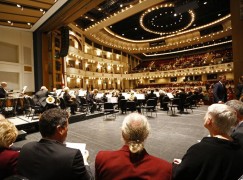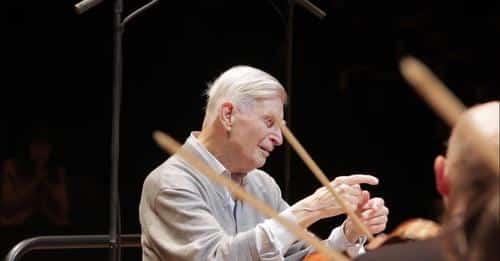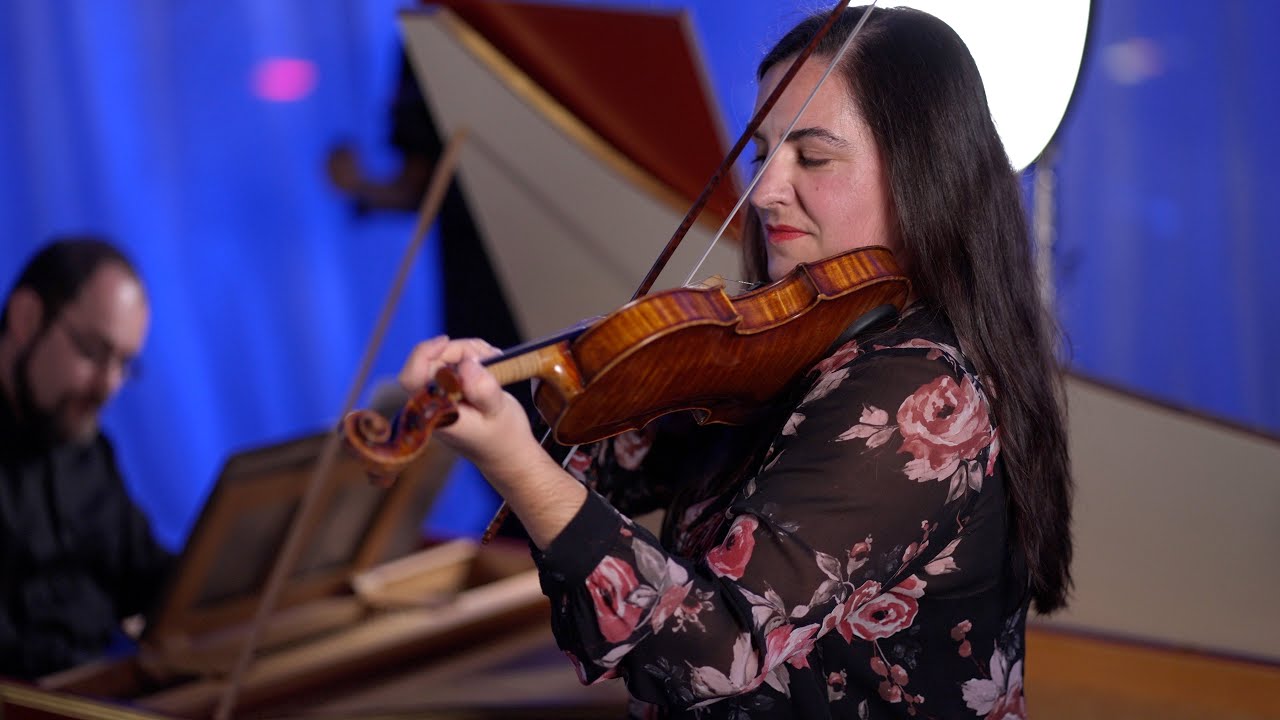What orchestras are coming back to
OrchestrasA message from Peter de Boor, editor of the ICSOM publication:
We stand on the precipice of a brave new world—in the sphere of orchestral music as much as in other relevant spheres, such as the labor movement. Our society is rent by division, in which we cannot agree on basic facts such as who won the last presidential election. We live in a world in which millions of people cannot be bothered to inconvenience themselves by wearing a mask over their mouths, and a white police officer can calmly murder a black man in broad daylight by kneeling on his neck.
In such a world, our music is more important than ever, as it heals and unites. It is vital for our communities. And we must get the message of its vitality to donors, audiences, and communities.
We all know the value and importance of working towards a collective goal. An orchestra is the embodiment of that, the metaphor so obvious that it is a cliché. But we cannot rely on just a few of us to carry that burden….
He’s right.






Indeed.
Read my new book on the matter.
Title in English?
‘Postcorona Music; Classical Music after the Pandemic’. Is in the making.
Seems like your comment was well received. But I’d have to quibble with the description of your book, which say “essays by a prominent composer”. Since you obviously didn’t write it, who did?
???
There isn’t a community in the USA that “needs” a symphony orchestra. Not one. Whatever their worth, nobody who really needs healing would even be thinking about turning to one. Because the people who need the healing most can’t afford it. Period.
Be honest.
1) Orchestras and concerts are definitely needed. By musicians and those in adjacent fields. So that they stay employed and so that the framework within which they built their lives can continue in some way. It’s musicians who need orchestras, dancers who need dance companies, opera folks who need opera companies and so on. If you made a solid human appeal on these grounds you might get some credibility with average folks.
2) Rich people with money to spend on tickets will still have leisure time and the need to establish status through social activities. Focus on them.
3) In a time and place with the problems cited, better don’t go around proclaiming that you “unite” and “heal” unless you damned well have real world evidence to back it up on live TV. Otherwise you risk appearing even more out of touch than you are.
4) Poor communities, the unhoused, the addicted do not need Brahms, debates about whether to have intermission, pre concert talks and expensive soloists who are “Excited to be playing with the ____ Symphony tonight”. They need robust social programs and boots on the ground care. If you’re not offering that please don’t pretend you are, because people are in no mood to be played with.
Speaking of:
5) The “sphere of orchestral music” was hardly ever a “relevant sphere” and is certainly not now. If you don’t get this then you are in no position to advise anyone – and don’t you even dare make a blithe comparison to the labor movement. Are you kidding me??
I agree with what you say but I think de Boor probably feels that nowadays whatever topic is being addressed the writer must show they are aware of the social issues of today.
Art is not an instrument for social engineering. It is the symbolic meaning of a society, of a civilization. It is useless for society’s ills, in a direct way. It has a relevance in itself, for itself, and indeed is not dependent upon social relevance to justify its existence. ‘All art is quite useless’ (Oscar Wilde) and that was meant as a compliment and a justification.
“The point is, art never stopped a war and never got anybody a job. That was never its function. Art cannot change events. But it can change people. It can affect people so that they are changed… because people are changed by art – enriched, ennobled, encouraged – they then act in a way that may affect the course of events… by the way they vote, they behave, the way they think.”
― Leonard Bernstein
Correct. So, the trajectory of art’s influence is an indirect one.
I was stopped in my tracks with first just reading the word, orchestra! I have been taking on a hobby challenge I gave to myself: To recreate the orchestration for the partial 20 minutes I found online of the “Ben-Hur” movie soundtrack. (1959). It’s going better than expected. One keyboard. No added plug-ins. Just figuring out one instrument or section at a time, and layering it all to be as close to the original as I can in every way. Before this fun project in progress, I recreated the opening theme music for “The Magnificent Seven”. (1960). So, orchestration, as I always admired, has me totally passionate about attempting to recreate all they do, as I sit in front of my keyboard and Mac, and use wav audio, no midi, to enjoy the magic of orchestrated music in such a meaningful challenge!